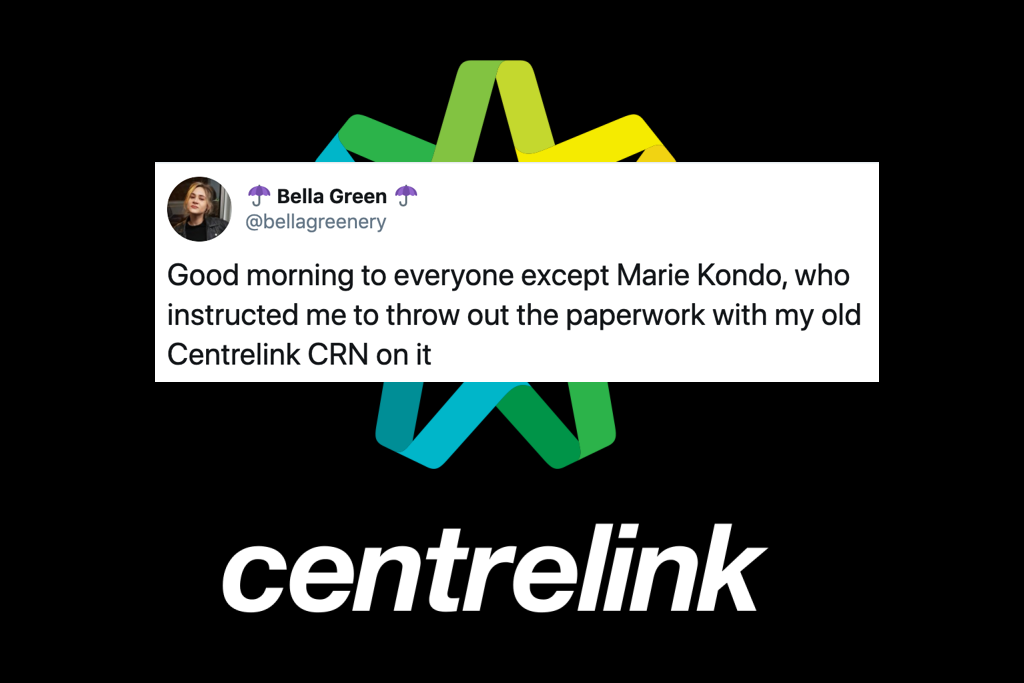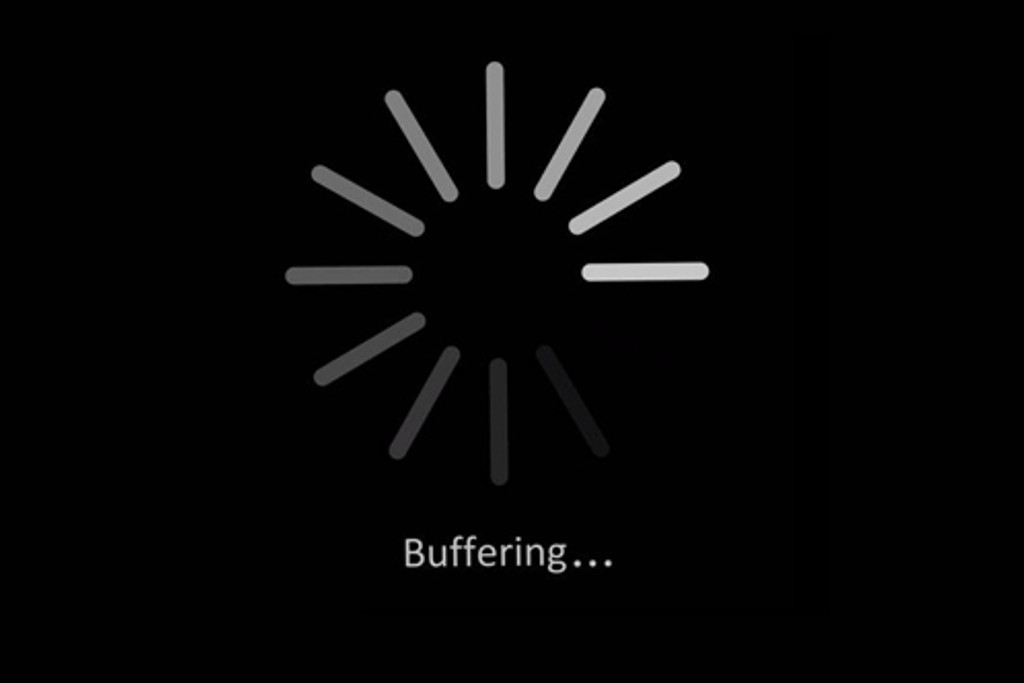This Would Be A Lot Easier If The Liberals Hadn’t Buggered Up The NBN
"We connected some 200,000 properties before Tony Abbott came to power in 2013 and everything went to shit."

Australians are now dependent on fast, reliable internet for everything from working, shopping, education and healthcare. But Australia’s fixed broadband is already far too slow, ranking below many developing countries. This raises some obvious questions.
On How We Got Here
After the Kevin07 campaign, my government set about connecting the whole country to a National Broadband Network — more than 90% through super-fast fibre-optic cable to the home and the business. I said back then it was to super-proof Australia for the future — for the economic and telemedicine.
The rest, in the most remote parts of the country, were to be delivered by a combination of wireless and satellite systems. We connected some 200,000 properties before Tony Abbott came to power in 2013 and everything went to shit.
Abbott hated the NBN, deriding it as a “video entertainment system” and promising to “demolish” it. The NBN also threatened the Foxtel business owned by his media benefactor, Rupert Murdoch, because broadband would give a platform to his major competitor Netflix.
So Abbott and his Communications Minister, Malcolm Turnbull, supported by Scott Morrison, halted construction of our NBN and announced they would only connect remaining homes and businesses to the NBN using old, slow copper phone lines (25 megabits per second, instead of 100Mbps under our government).
Even the implementation of this plan is now two years overdue. It has also cost more than our original plan. And the result is that instead of what would have become one of the best broadband systems in the world, we have ended up with something second rate with band speeds ranked 64th in the world. But it is what it is.
For People Without Decent Internet
Lots of households don’t have fast or reliable internet services, and this number will likely increase as unemployment rises. Typically these households use public services, like libraries, but these are also shutting down.
With schools closing, if students have no effective internet access, a practical way forward might be redeploying ABC multi-channels (ABC Kids, ME and HD) to deliver the agreed national curriculum. https://t.co/GL0G7sGVMN
— Kevin Rudd (@MrKRudd) March 24, 2020
Throughout this coronavirus, home internet will be an essential service. If people can’t afford it, there should be an immediate subsidy available to them. Its now an essential service. Asking people to get on without internet is like cutting their phone line or boarding up their front door.
For Schoolchildren
As schools transition to online tuition, this is a huge challenge. It doesn’t just affect country kids, but those in households that struggle to make ends meet. There’s no silver bullet to this problem, but one solution could be to use the ABC multi-channels (ABC HD, ABC Kids and ABC ME) to deliver agreed National Curriculum content over the airwaves. See my tweeters and Facebook posts on this yesterday.
When we were in office, we imagined what the range of services that would be delivered online. But now its everything. All we knew was that the future was migrating online, so we needed to prepare the nation. Now the Morrison government is begging Netflix to shed particular services to add extra capacity to the network.
I hope the system will cope through this crisis. This is a huge warning for the future. Two big demands: a) What is the physical capacity of the current system and what measures are out in place to avoid it from crashing? And b) With the government shovelling billions of stimulus dollars out the door, this may be an ideal opportunity to finish the job by competing the NBN with fibre optic to the household and business.
On Vulnerability To External Attacks
Earlier this week, there was such huge demand for the MyGov website that officials believed it was under cyberattack. They were wrong. But its clear our systems are being pushed to the brink. This presents a golden opportunity for hackers – be they foreign states, criminal gangs or simple troublemakers – to take advantage. I know the Australian Cyber Security Centre is working on this, but will need more resources and more protective arrangements. But individuals and companies also Now need to be acutely aware of their own cybersecurity.
Bottom line is that after 2007 we acted on our promise to build a fully fibre NBN for the while nation. The other lot had no plan to build any NBN after 2007 at all. They then set about sabotaging it. The result is a second rate NBN, which, for many but not all parts of the country, is arguably no better than no NBN at all.
All this may be worrying reading. But if you agree, please get on to your local federal MP and ask for the five sets of recommendations above to be done, or jump into the media yourself. Also, if you’ve found this helpful, let me know on my Facebook page. If not, let me know your grounds for disagreement (with as much civility as possible).
Go well,
Kevin
Kevin Rudd was the 26th Prime Minister of Australia.
EDITOR’S NOTE: When this is all over, Junkee’s handball challenge to Kevin Rudd still stands.


